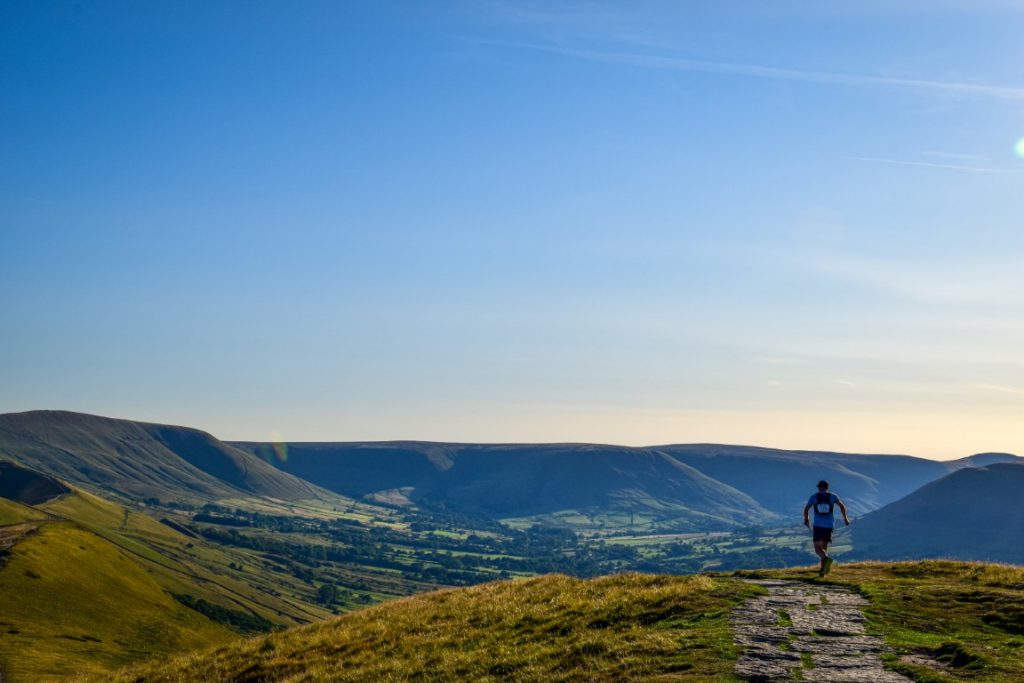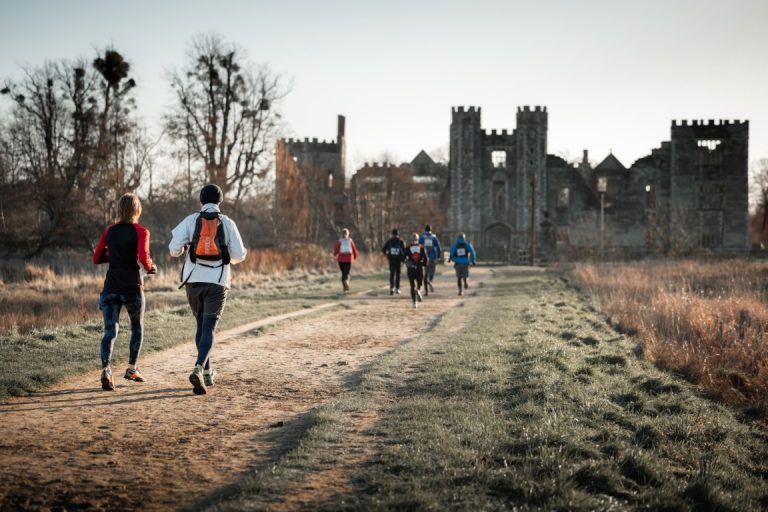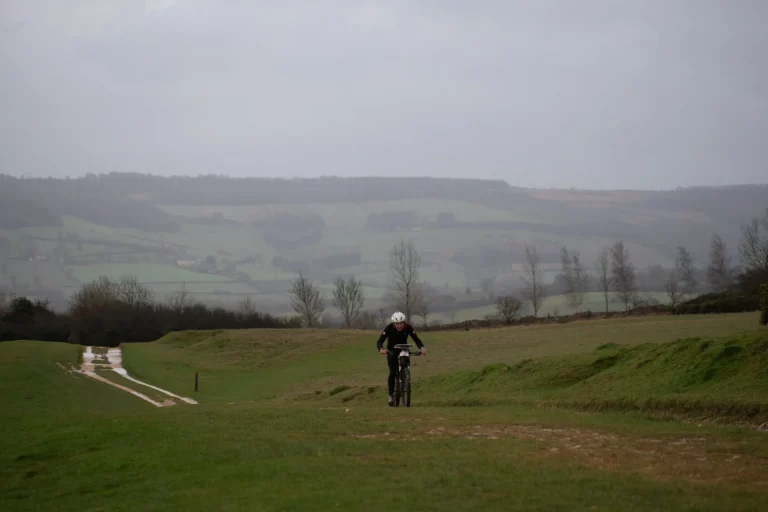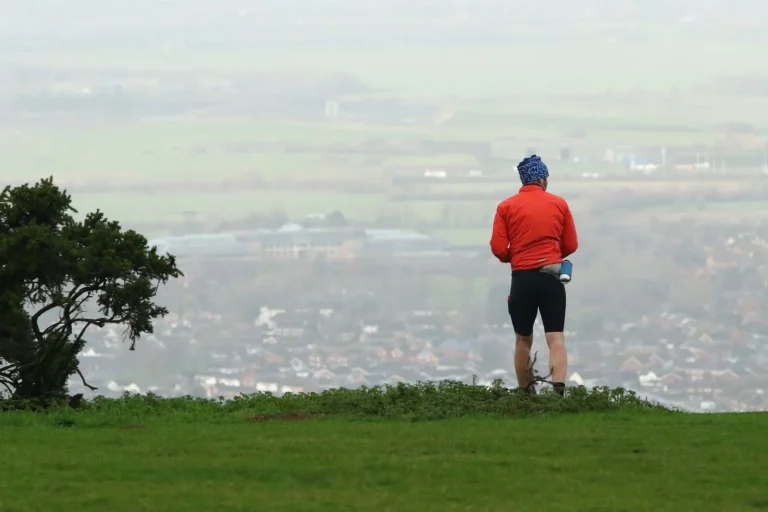- Monday 29 September 2025
With a glittering adventure racing career spanning nearly three decades, Tom is one of the most experienced and successful adventure racers around! Since his adventure racing debut back in 1999, Tom has taken part in nearly 200 adventure races, winning over 100 of those. In 2009, Tom (alongside regular Questars racer Nick Gracie, Nicola Macleod and Warren Bates) became World Adventure Racing Champion as part of the only British team to ever win the title – if you have not already done so, the highlights of the event are well worth a watch! Tom is also our reigning Questars Two-Day champion!
Whether you’re new to adventure racing or a long-time competitor, there’s something here for everyone. Enjoy!
When did you participate in your first Questars adventure race?
I’m not sure but it was in the early 2000s – I think it was in the Mendips.
Roughly how many Questars adventure races have you participated in?
I’ve not done many, probably 4 or 5. I have done the last couple of two-day events and very much enjoyed them.
Ed: Mark your calendar for 6 & 7 June 2026 for our next two-day event!
What do you like most about Questars adventure races?
There’s not much adventure racing in the UK these days and these are really fun events and well run. I’d just like to see more of them up north!
What do you like most about adventure racing?
Getting to see and explore new places is probably the main thing. I do enjoy the score format of Questars. The tactical and strategic nature really appeals to me and suits my strengths.
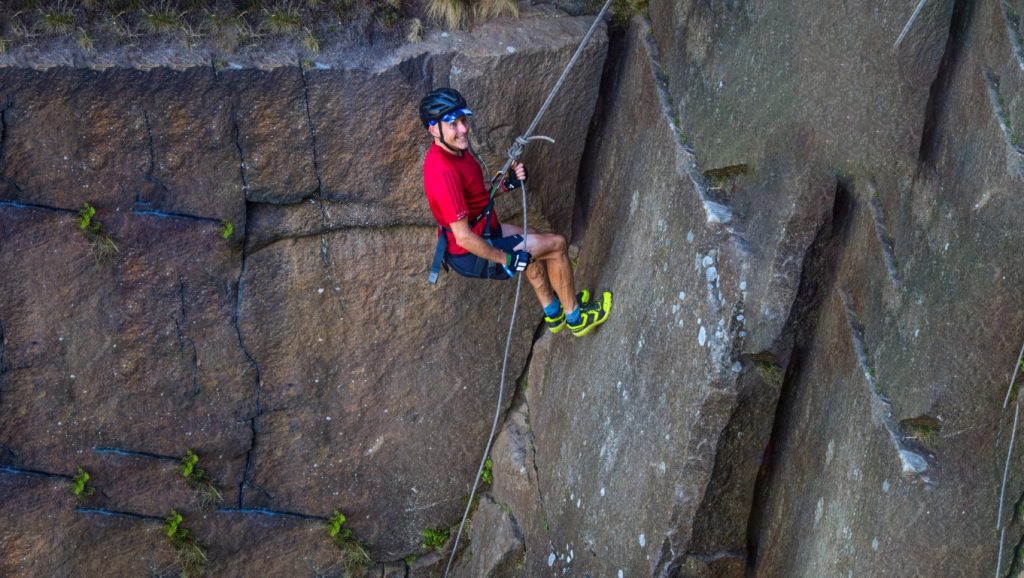
Why did you first get into adventure racing?
I got into adventure racing back in the late 1990s! I saw races like ECO challenge on the TV and I wanted to give them a go. I did my first adventure race in 1997 (the old ACE Races by Phil Humphreys) and my first expedition race in 1999 with ECO Challenge in Patagonia. I just loved the mixture of disciplines and exploration, especially in big international races.
What advice would you give to someone just getting started in adventure racing?
Learn to navigate and learn from your mistakes (we all make them). I’d also advise getting some training in how to race. People spend a lot on new bikes and kit, but learning some skills will give you a better return on your investment.
What are the most common mistakes that you see new racers making?
In longer races, spending too much time in transition. Kit explosions and not having a clear plan and energy to get out of transition quickly.
In shorter races, not having a good plan and not being flexible if the race is not going well.
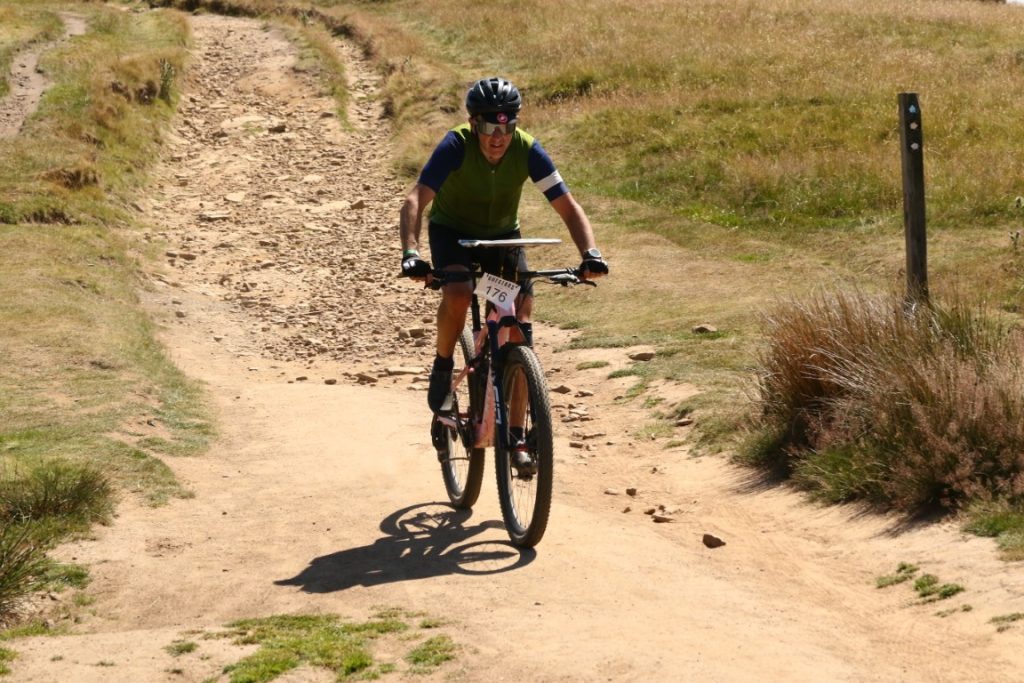
What is the best piece of advice that you were given when you started adventure racing?
It’s too long ago to remember. Probably eat lots and sleep when you can. Also, when you make a mistake, don’t make more mistakes when trying to make up for it.
What is your strongest and weakest race discipline? How do you combat your weakest discipline?
My strongest discipline – eating. I’m a natural at it! In terms of physical disciplines, it’s probably mountain biking these days – especially score format mountain bike orienteering.
Weakest discipline – in longer races probably sleeping as I find it hard sometimes to switch the brain off. In terms of physical disciplines – probably kayaking (or inline skating!). What do I do to combat? Training tends to work well.
What does your training plan for adventure racing look like?
I used to be more structured but these days less so – I used to have a coach. I have averaged 15 hours a week of training and racing for 25 years now so it’s more of a lifestyle than training. I make sure I do a bit of everything and focus on any special disciplines for the race in general. Doing adjacent events like Orienteering, MTBO and Fell Running all help. I’ve never actively trained for sleep deprivation as you get that for free in the races.
What’s the one piece of non-mandatory kit in your bag that you could not do without?
Anti-chafe cream and chocolate.
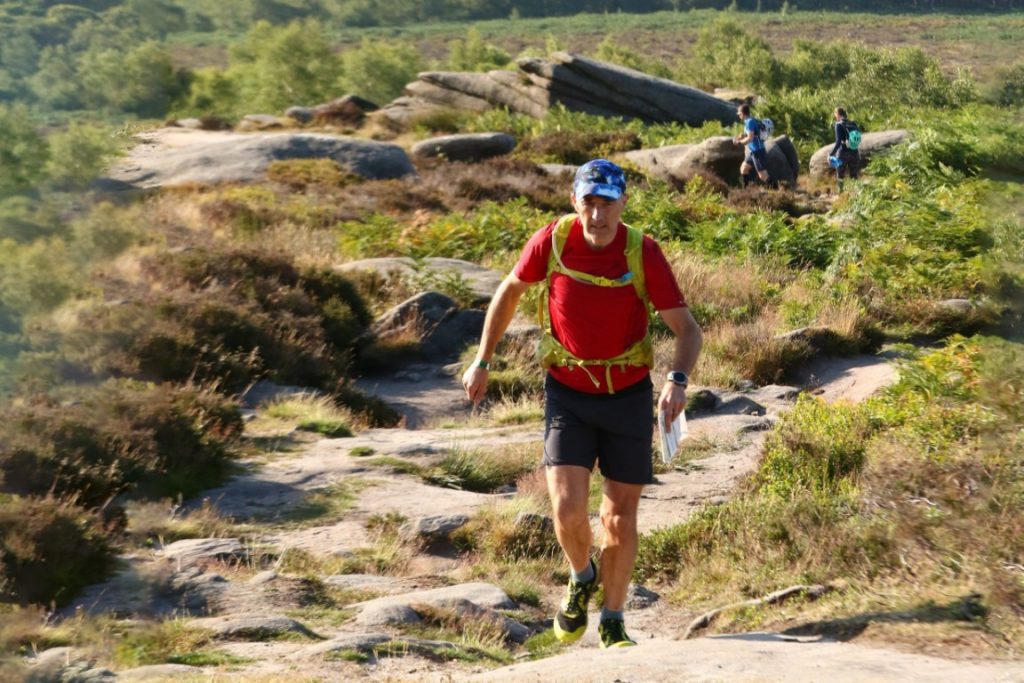
What’s the worst mistake you’ve ever made during an adventure race?
Probably an adrenaline rush race in the early 2000s. Battling it out for the win and the last stage was kayaking on Upper Loch Erne during the night. We got totally lost (as did the other team). We didn’t relocate until first light and our rivals were the same, but happened to be close to the finish and we just lost out to them.
What’s the weirdest/funniest/strangest thing that has happened to you during an adventure race?
Two things come to mind. My first long race, ECO in Argentina, the team I was in stopped late on a paddle when a team member got really cold. We got invited into a house and ended up having dinner and watching the first day highlights of the race we were in followed by Premier League football!
Second, AR World Champs in Costa Rica. We didn’t have the right map for the end of a paddle stage. It was about 10pm and we were passing a tourist village near the Caribbean coast. We stopped at a nightclub and used their computer to look up the race tracking and made a copy of the race route from there. It got us to the next transition!
You have been involved in the course planning for ITERA for a number of years, what makes a good course for you?
For me a good course needs to have a number of things:
- A good balance between the disciplines and stage lengths.
- Plenty of variety
- Show off the local area to its best. For most teams they are on an adventure holiday. For foreign teams it might be their only visit to the country so show them the best of it.
- In Scotland- castles and distilleries
- Making a course hard is easy, making it good is the tricky bit. I hope one day to plan the perfect course – I haven’t got there yet.
What advice would you give to racers looking to step up to longer races?
Use events like the Questars two-day to then step up to events like Itera-lite. At some point just go for it and if you can race with some experienced people then great.
Volunteering to help on an event can also help. It will open your eyes to how much goes on behind the scenes and also you will see the difference between the top teams and the rest of the field in transitions – it’s a real eye opener.
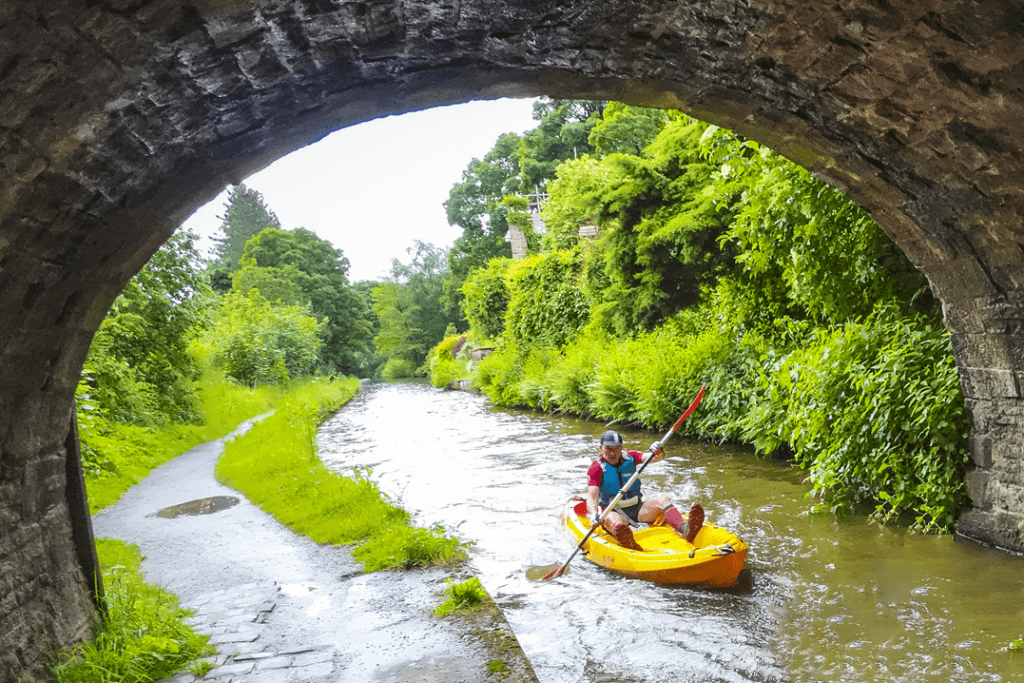
What are the key ingredients to a successful adventure racing team?
- A good navigator and strong racers are the top two things a team needs. Beyond that the team needs to have a common goal. Making sure everyone is on the same page and working together is key. Make sure you do this beforehand.
- Get on with your team mates – you need to be friends as well as team members
- Be well organised and know your roles in the team
What is the most difficult part of adventure racing?
Getting to the start line and then dealing with weather conditions, especially heat. After racing in Utah in 45deg+ every race feels cooler now!
What are your top five tips for adventure racing success?
- Move at the speed you can navigate and don’t try to navigate at the speed you can move
- Know yourself – being able to judge how long something will take you is a great skill to have
- If you are tired before a paddle then sleep. Don’t sleep if you can’t get comfortable.
- Keep eating
- Have fun

